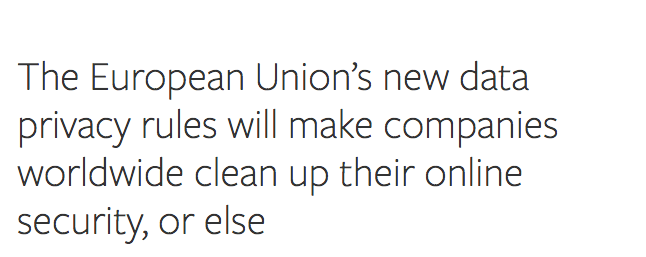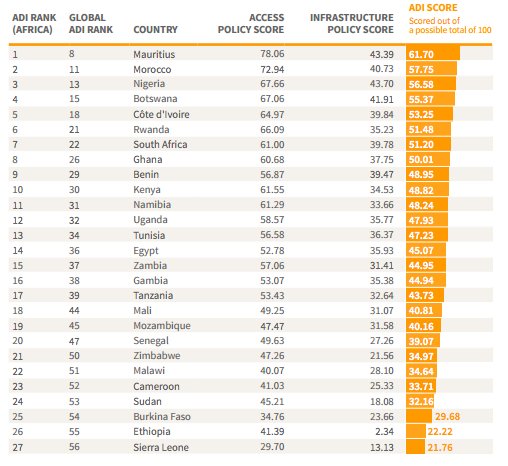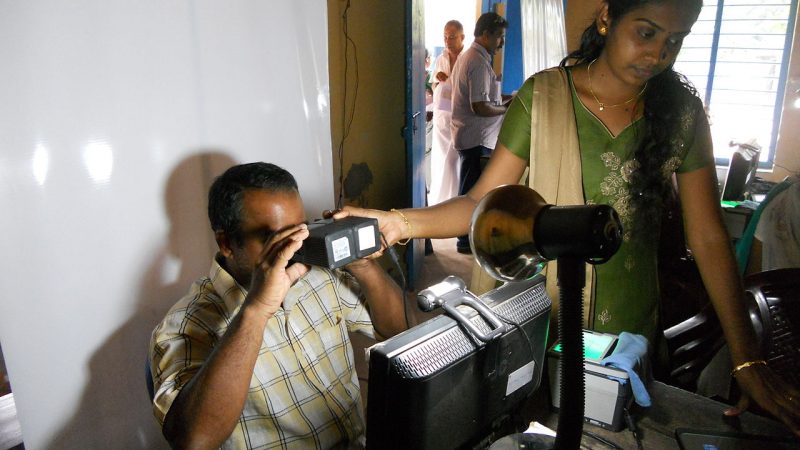Advocates and digital rights defenders reject Obama’s ‘whitewash’ of intrusive spying regime
1:19pm | 17 January 2014 | by Katherine Maher,
Millions Invited to Participate in “The Day We Fight Back” to Protest Surveillance
January 17, 2014 – After President Obama today announced changes to the NSA’s mass surveillance programs, civil liberties groups expressed skepticism and concern over continued bulk collection.
Groups including Access, Demand Progress, Electronic Frontier Foundation, Fight for the Future, Free Press and ThoughtWorks vowed to continue organizing “The Day We Fight Back” a day of international activism on February 11, 2014 to demonstrate widespread opposition to the spying regime.
Access:
“President Obama’s proposed reforms barely scratch the surface of the the dizzying array of NSA programs. Contrary to the President’s claim, the proposed reforms fall far short of ending the bulk telephony metadata collection program, and don’t begin to address issues such as tapping the internet’s backbone and undermining encryption standards,” said Brett Solomon, Access Executive Director. “That’s why we’ll continue to push for the passage of the USA Freedom Act.”
Demand Progress:
“In a speech about reform, the President announced a policy of preservation. What it comes down to is this: The President wants data about every single American to be collected and retained. He wants to normalize practices that sparked mass outrage just last summer. We do not. That’s why we’ll push forward with The Day We Fight Back on February 11th, and push for passage of the USA Freedom Act,” said David Segal, executive director of Demand Progress.
Electronic Frontier Foundation:
“The President took several steps toward reforming NSA surveillance, but there’s still a long way to go,” said EFF Legal Director Cindy Cohn. “Now it’s up to the courts, Congress, and the public to ensure that real reform happens, including stopping all bulk surveillance–not just telephone records collection. Other necessary reforms include requiring prior judicial review of national security letters and ensuring the security and encryption of our digital tools, but the President’s speech made no mention of these. We’re hopeful that the big data and privacy review commissioned by John Podesta will address these issues and the further steps outlined in our scorecard. We also look forward to addressing the underlying constitutional problems with the surveillance in our ongoing lawsuits: Jewel v. NSA and First Unitarian Church v. NSA.”
“It was encouraging to see the President recognize the privacy rights of people around the world,” said International Rights Director Katitza Rodriguez. “However, the details of Obama’s plans to actually protect those privacy rights must conform with international human rights law, specifically that suspicion is necessary to target non-US person for surveillance.”
Fight for the Future:
“If the President and Congress are serious about the human rights of Internet and cell phone users everywhere, they must work to immediately and completely end all forms of bulk collection and surveillance that allow government officials to monitor the daily activities of millions of people worldwide. Doing this will restore free speech and privacy on the web, and anything less is fundamentally at odds with democracy,” said Tiffiniy Cheng, co-founder of Fight for the Future.
Free Press:
“President Obama’s speech is the result of months of public outcry about the NSA’s overreaching surveillance programs. But the president’s proposed changes aren’t enough. The ball is now in Congress’ court, and only more protests, rallies, grassroots lobbying efforts and other concerted pressure will convince Congress to restore our rights to connect and communicate in private,” said Josh Levy, Internet Campaign Director.
ThoughtWorks:
“Today, the President missed an opportunity to stake out a leadership position in developing a new international consensus on privacy in the digital age. We heard nothing in his speech or proposals that will repair the damage that has been done to the tech industry and the future of the internet,” said Matt Simons, Director of Social Justice at ThoughtWorks.
On “The Day We Fight Back”, the coalition and the activists it represents will make calls and drive emails to lawmakers. Owners of websites will install banners to encourage their visitors to fight back against surveillance, and employees of technology companies will demand that their organizations do the same. Internet users are being asked to develop memes and change their social media avatars to reflect their demands.
Websites and Internet users who want to talk part can visit TheDayWeFightBack.org to sign up for email updates and to register websites to participate.
HOW INTERNET USERS CAN HELP:
- Visit TheDayWeFightBack.org
- Sign up to indicate that you’ll participate and receive updates.
- Sign up to install widgets on websites encouraging its visitors to fight back against surveillance. (These are being finalized in coming days.)
- Use the social media tools on the site to announce your participation.
- Develop memes, tools, websites, and do whatever else you can to participate — and encourage others to do the same
source: https://www.accessnow.org/blog/2014/01/17/advocates-and-digital-rights-defenders-reject-obamas-whitewash-of-intrusive



